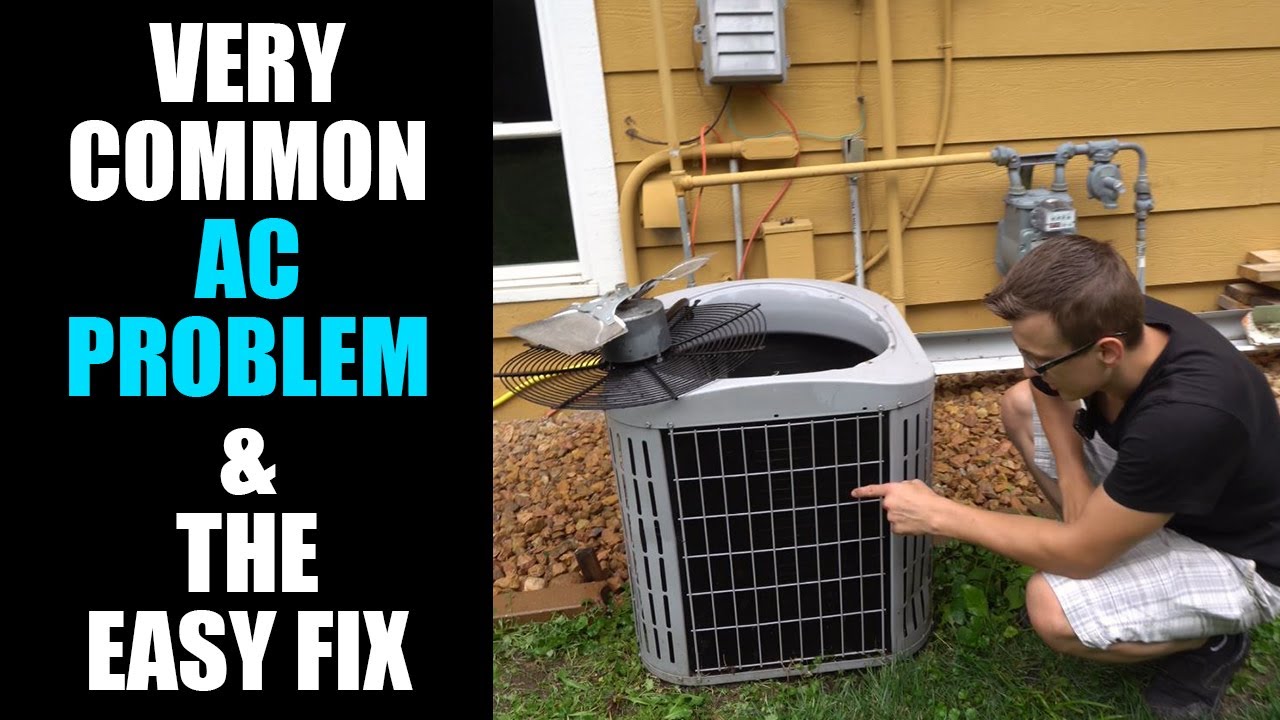Ac Unit Outside Not Kicking On

As summer heat intensifies across the nation, a growing number of homeowners are facing a frustrating and potentially dangerous situation: their air conditioning units are failing to kick on. The sudden silence from the outdoor compressor unit is not merely an inconvenience; for many, especially the elderly and those with health conditions, it represents a serious threat to their well-being.
The problem is multifaceted, stemming from aging equipment, increased energy demand, and, in some cases, a lack of routine maintenance. With temperatures soaring, understanding the common causes and potential solutions is crucial to preventing discomfort and ensuring personal safety.
The Silent Treatment: Diagnosing the Problem
The initial sign of trouble is often a complete lack of response from the outdoor AC unit, officially known as the condenser. Homeowners report hearing no humming, no fan activity, and no sign that the unit is attempting to cool the air. This can leave them sweltering indoors with no immediate relief.
Several factors can contribute to this silence. A tripped circuit breaker is a common culprit and easily rectified. However, more serious issues, such as a faulty capacitor or a burned-out compressor, require professional attention.
Common Causes and Quick Checks
Tripped Circuit Breaker: This is often the first thing to check. Overloaded circuits or electrical surges can cause the breaker dedicated to the AC unit to trip, cutting off power.
Thermostat Settings: Ensure the thermostat is set to "cool" and the temperature is lower than the current room temperature. A simple mistake here can easily be overlooked.
Disconnect Switch: Located near the outdoor unit, this switch allows for easy power shutoff for maintenance. Ensure it's in the "on" position.
When to Call a Professional
While some issues are easily addressed, others demand the expertise of a qualified HVAC technician. Attempting to repair complex components without proper training can be dangerous and potentially void warranties.
A technician can diagnose and address more serious problems. These can include faulty capacitors, compressor failures, refrigerant leaks, and issues with the unit's electrical wiring.
The Strain on the Grid and HVAC Systems
This summer's heatwave is placing unprecedented strain on the nation's power grid. As more homes and businesses crank up their AC units, demand for electricity surges, potentially leading to brownouts or blackouts, further exacerbating the problem of non-functioning ACs.
"We are seeing a significant increase in service calls related to AC failures," says John Anderson, owner of Anderson Heating and Cooling in Dallas, Texas. "The extreme heat puts immense stress on these units, especially older models."
This heightened demand not only strains the grid but also accelerates wear and tear on individual AC systems. Continuous operation at maximum capacity can shorten the lifespan of components and increase the likelihood of breakdowns.
The Importance of Preventative Maintenance
Regular maintenance is key to preventing AC breakdowns and prolonging the life of the system. According to the Air Conditioning Contractors of America (ACCA), annual check-ups can improve energy efficiency by up to 30% and reduce the risk of costly repairs.
A typical maintenance visit includes cleaning the condenser coils, checking refrigerant levels, inspecting electrical connections, and lubricating moving parts. These preventative measures can identify potential problems before they escalate into major failures.
"Investing in preventative maintenance is like investing in car maintenance," explains Sarah Miller, a spokesperson for ACCA. "A little bit of upkeep goes a long way in preventing breakdowns and extending the life of the equipment."
The Health and Safety Implications
A non-functioning AC unit is more than just an inconvenience; it poses significant health risks, especially for vulnerable populations. Elderly individuals, infants, and those with chronic health conditions are particularly susceptible to heatstroke and other heat-related illnesses.
The Centers for Disease Control and Prevention (CDC) recommends staying in air-conditioned environments during periods of extreme heat. Access to cooling centers or alternative housing may be necessary if home AC systems fail.
It's crucial to check on neighbors, especially those who are elderly or have limited mobility, to ensure they have access to cooling and are not experiencing any symptoms of heat exhaustion.
Looking Ahead: Addressing the Underlying Issues
Addressing the issue of AC failures requires a multi-pronged approach. Upgrading aging infrastructure, promoting energy efficiency, and educating homeowners about preventative maintenance are essential steps.
Government incentives and rebates can encourage homeowners to invest in newer, more energy-efficient AC systems. Utility companies can also play a role by implementing demand response programs that incentivize reduced energy consumption during peak hours.
Ultimately, ensuring reliable cooling during extreme heat events is a matter of public safety. By addressing the underlying issues and promoting responsible energy practices, communities can mitigate the risks and protect vulnerable populations.
As summer progresses, the demand for AC repair services is likely to remain high. Proactive maintenance, awareness of potential issues, and prompt professional intervention are the best defenses against the silent treatment of a failing AC unit, ensuring comfort and safety during the hottest months.
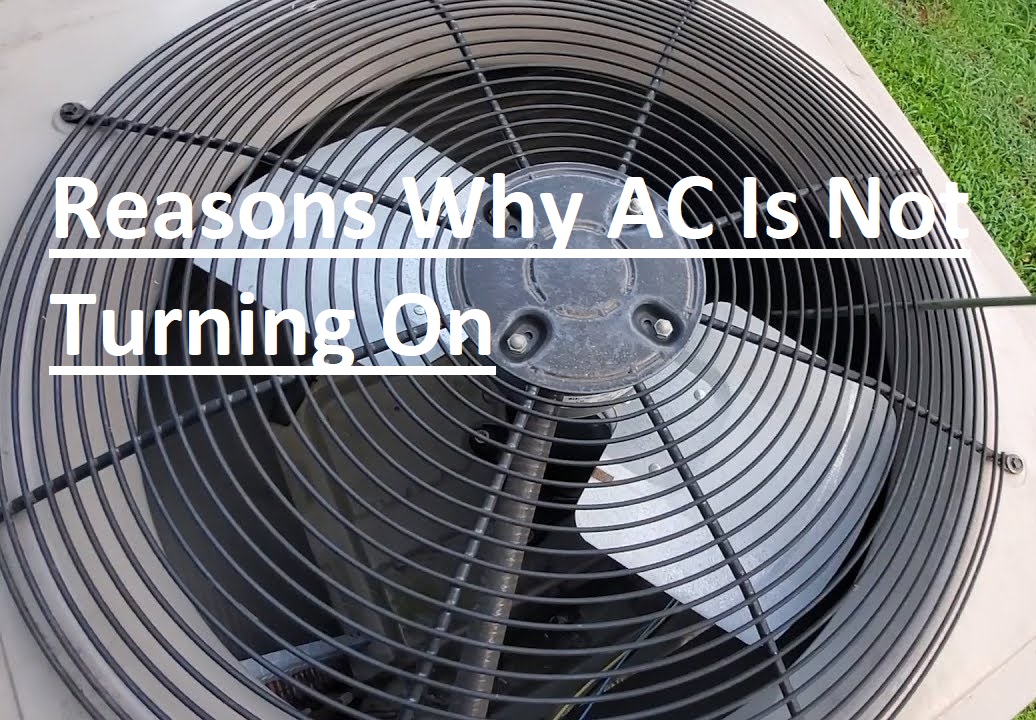


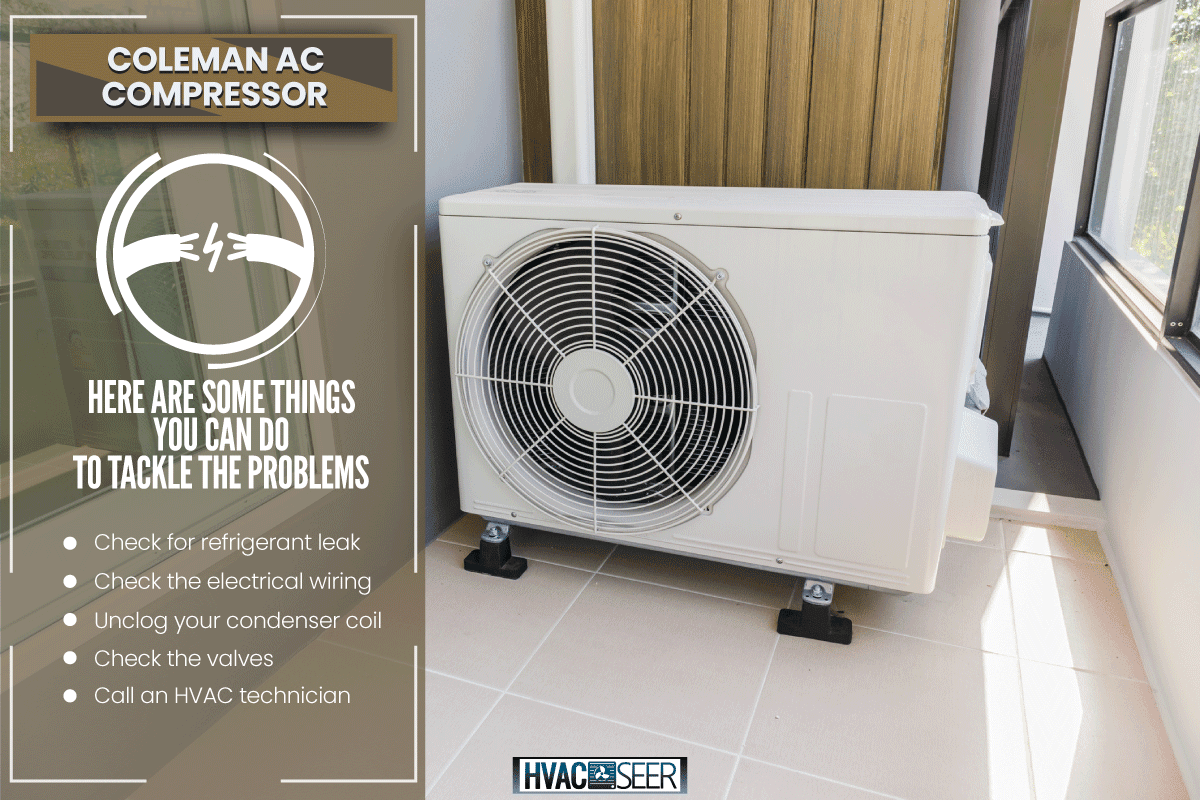


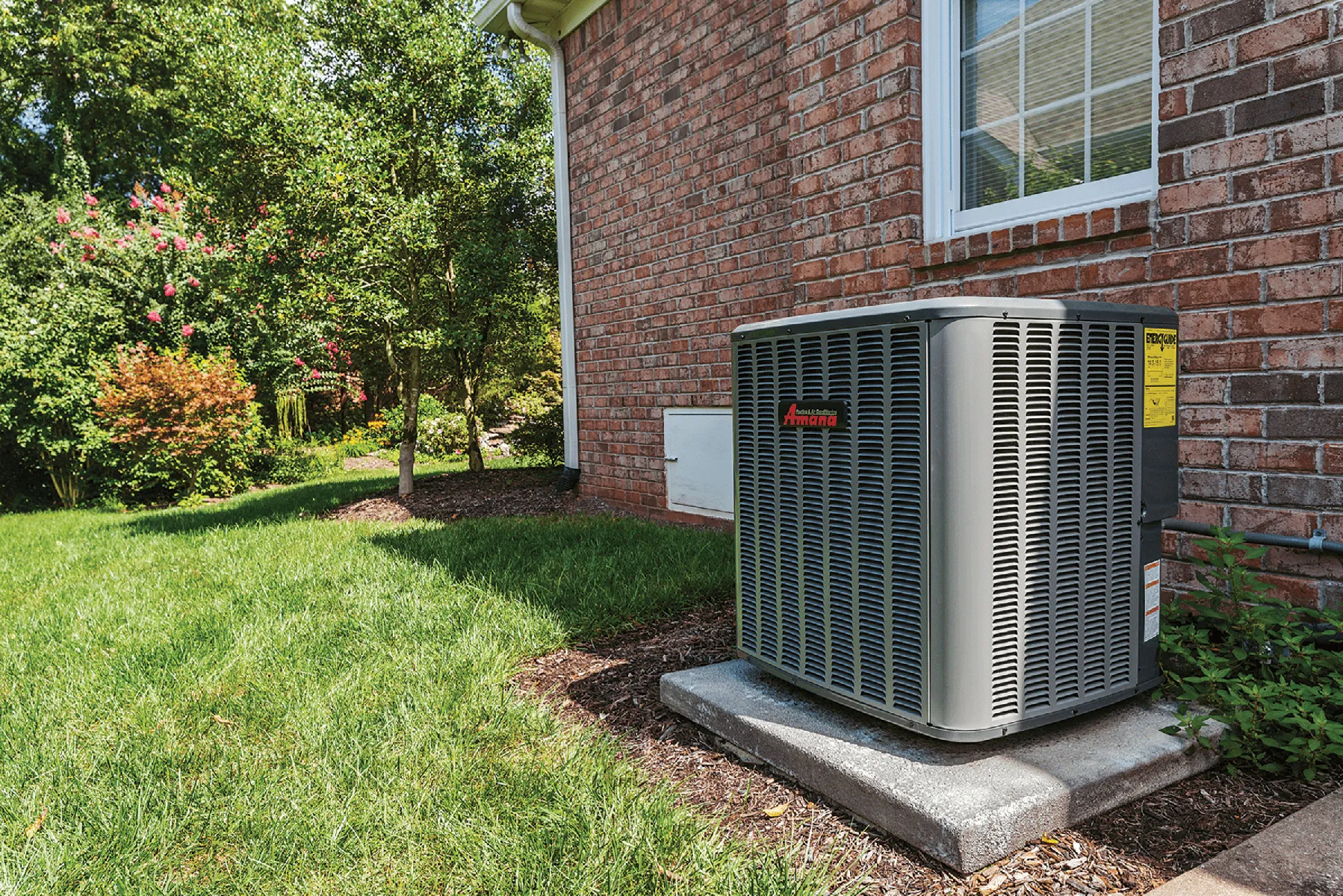
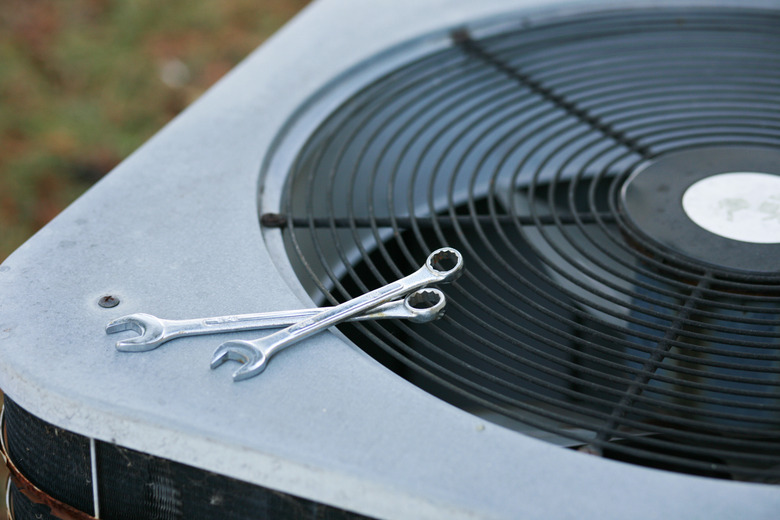



.jpg)





